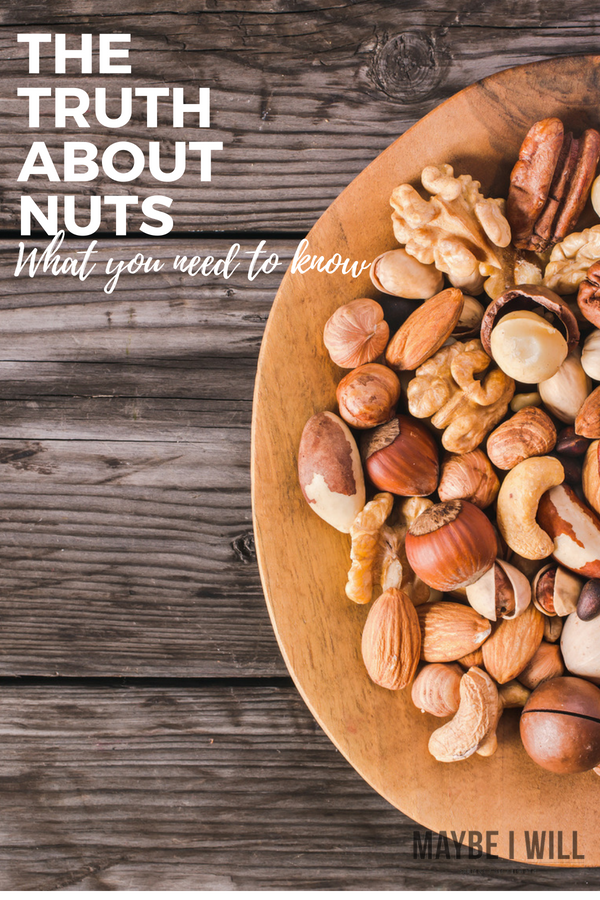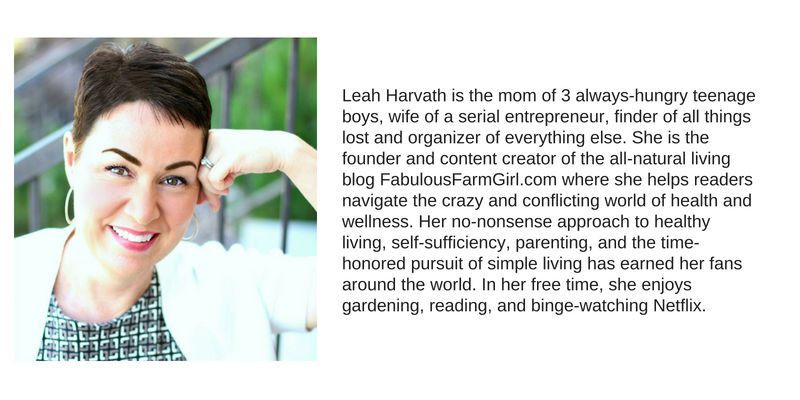The Truth about Nuts, What You Need To Know!
The truth about nuts. calorie counts, nutritional information, and why nuts may be the perfect snack!
Do you love nuts?
Well, you’re not alone. They’re tasty, convenient and one of nature’s premier health foods. And while nuts have been given a bad rap in the past for their having high levels of fat and calories, more recent research shows that people who regularly eat nuts tend to be leaner and have a lower risk of many diseases compared to people who don’t eat nuts. In fact, the New England Journal of Medicine published findings that show that eating a handful of nuts a day could possibly extend your life. How many salty snacks can claim that?

A Nut By Any Other Name
It might surprise you to know that tree nuts are actually fruits, botanically speaking. They are the seed-bearing product of a flowering plant (hence, a fruit) although they bear little resemblance to the fruits found in your local produce aisle, in either taste or texture.
But whatever you call them, don’t underestimate these little, crunchy nut/fruit mystery foods! Reach for any of the tree nuts–almonds, hazelnuts, pecans, cashews, pistachios, pine nuts, macadamia nuts or brazil nuts and you’ll be giving your body a big boost in health and nutrition. They’ll lower bad cholesterol, improve cognitive function, bolster your digestion, improve your immune function, help fight cancer, combat heart disease, and manage weight, blood sugar, and blood pressure. All this plus they offer protein for cell-building and healthy fats to help you feel full.
Which Nuts Are Best?
Specific nutritional profiles vary depending on the nut, but they all provide a long list of benefits. Here’s a small sampling of what different nuts have to offer:
- Almonds support healthy brain function, control blood sugar and have high amounts of magnesium and vitamin E.
- Hazelnuts are rich in fiber, folate, copper and anti-inflammatory compounds.
- Pecans increase metabolism and contain manganese, potassium, calcium, and iron.
- Cashews aid in the formation of red blood cells and are high in protein, copper, calcium, and magnesium.
- Pistachios protect blood vessels and have high amounts of vitamin B6, copper, potassium and manganese.
- Pine nuts can stabilize mood disorders and lower risk of certain cancers due to the high magnesium content.
- Macadamia nuts are a good source of protein, vitamin A, the B vitamins, iron, folate, and manganese.
- Just one brazil nut provides over 100% of your daily requirement for hard-to-source selenium, a powerful antioxidant.
Need another reason to eat more nuts? Studies indicate, and you can see from this list, that tree nuts improve overall health by adding essential nutrients that are often lacking or hard to find in typical American diets.
What About All The Fat And Calories?
The high-fat content of nuts may lead you to think that you should eat them sparingly. But remember that not all fats are created equal. Nuts are rich in heart-healthy polyunsaturated fats and monounsaturated fats, which lower LDL or “bad” cholesterol.
Because they are high in fat, nuts are also calorie-dense which might seem concerning, especially for people trying to lose weight. But those healthy fats, along with the protein in nuts, is satiating and helps control spikes in blood sugar. That can prevent cravings for sweets and other carbohydrate and calorie-rich foods. In fact, research suggests that nuts may help with appetite control, which can, in turn, prevent weight gain or even help with weight loss under the right conditions.
For decades, nutrition experts have encouraged us to eat nuts because of the high number of nutrients, especially hard-to-source nutrients, in just a small serving. Several studies have suggested that the healthy fats found in nuts can help cut the risk of heart disease and type-2 diabetes, and aid in weight loss, too. Just remember that a small handful goes a long way.

Sometimes You Feel Like A Nut
The culinary options when it comes to nuts are impressive. They are delicious raw or toasted, whole or chopped, crushed or blended, salty or sweet. They can also be transformed into flours, butters or milks to meet all different types of dietary needs and preferences. Here are a few of the ways that nuts can take your culinary game to new levels:
- Because they have a strong umami flavor, nuts are a great way for vegetarians and vegans to get the flavor of the meat without the meat.
- When crushed, nuts make a tasty coating for fish or chicken.
- Chopped up, nuts add a wonderful flavor and texture to desserts, quick breads, cookies and baked goods.
- Nut flours can add moistness to baked goods. Just substitute 1/4 of the wheat flour with nut flour in baked goods.
- Nut milks can be used in place of cow’s milk in many recipes, including yogurt, cheese, ice cream, and smoothies.
- Nuts can be added directly to smoothies to add protein and fiber as well as vitamins and minerals.
- Nut butters enhance sauces by adding flavor and creaminess.
- Nuts can be roasted with oil and your choice of herbs or spices for a thoughtful homemade gift (for a friend or just a gift you give yourself).
- Nut butters are delicious on bread, with or without their best friend, jelly.
- Nuts make a nutritious and easy snack or meal add-on. Try making your own trail mix with nuts and dried fruit, or sprinkle some nuts in your salad, cereal or yogurt.
As far as healthy foods are concerned, you’d be hard-pressed to find one more versatile than the mighty tree nut.
How Many Nuts Are Too Many Nuts?
If you’re allergic to tree nuts then obviously even one nut is too many. But if allergies are not an issue, you still want to keep an eye on how many nuts you eat. While it’s true that nuts are amazingly healthy, they also have a well-deserved rap for being ridiculously addictive. Once we start eating them it’s easy for most of us to pay little or no attention to the recommended serving size.
That recommended serving size for an adult is 30 grams of nuts a day. Unfortunately, very few people could tell you what that translates into when it comes to the actual number of nuts. And since you probably don’t usually carry a scale around with you, here is a rough list to give you some idea on how many nuts to consume per day:
- 20 almonds
- 15 cashews
- 20 hazelnuts
- 15 macadamias
- 2 tbsp pine nuts
- 10 brazil nuts
- 15 whole pecans / 30 half pecans
- 60 pistachios in shells
- 10 whole walnuts / 20 half walnuts
- If you buy mixed nuts, then just eat a handful of the mixture.
Fortunately, nuts are so nutrient dense that just these small amounts, consumed daily, can have a great effect on your overall health.

How To Make Nut Milk
1 cup raw almonds or any tree nut (soaked overnight)
4 cups filtered water
1/4 tsp. salt
3-4 dates, pits removed (optional)
1/4 tsp. vanilla (optional)
Place nuts in a bowl and completely cover with filtered water. Let sit on the counter overnight or for up to 24 hours. After soaking, pour out the water and rinse the nuts really well. Put nuts in a high powered blender and add the 4 cups of fresh filtered water and salt. Add dates and vanilla, if using. Blend on high speed for about 2 minutes or on your smoothie setting. Strain through a nut milk bag or cheesecloth to remove skins and pulp.
Place in a lidded container and keep in your refrigerator for up to a week.
What is your favorite nut? Do you only snack on them or also cook with them? Leave a comment below and let us know.

Follow Leah on Instagram @fabulousfarmgirl </s

